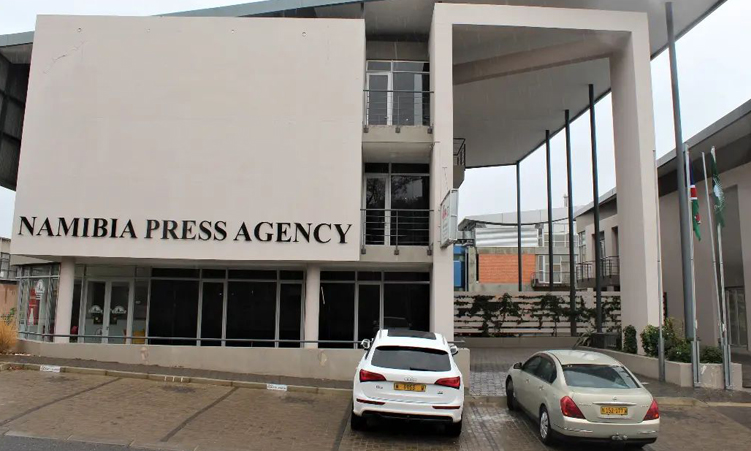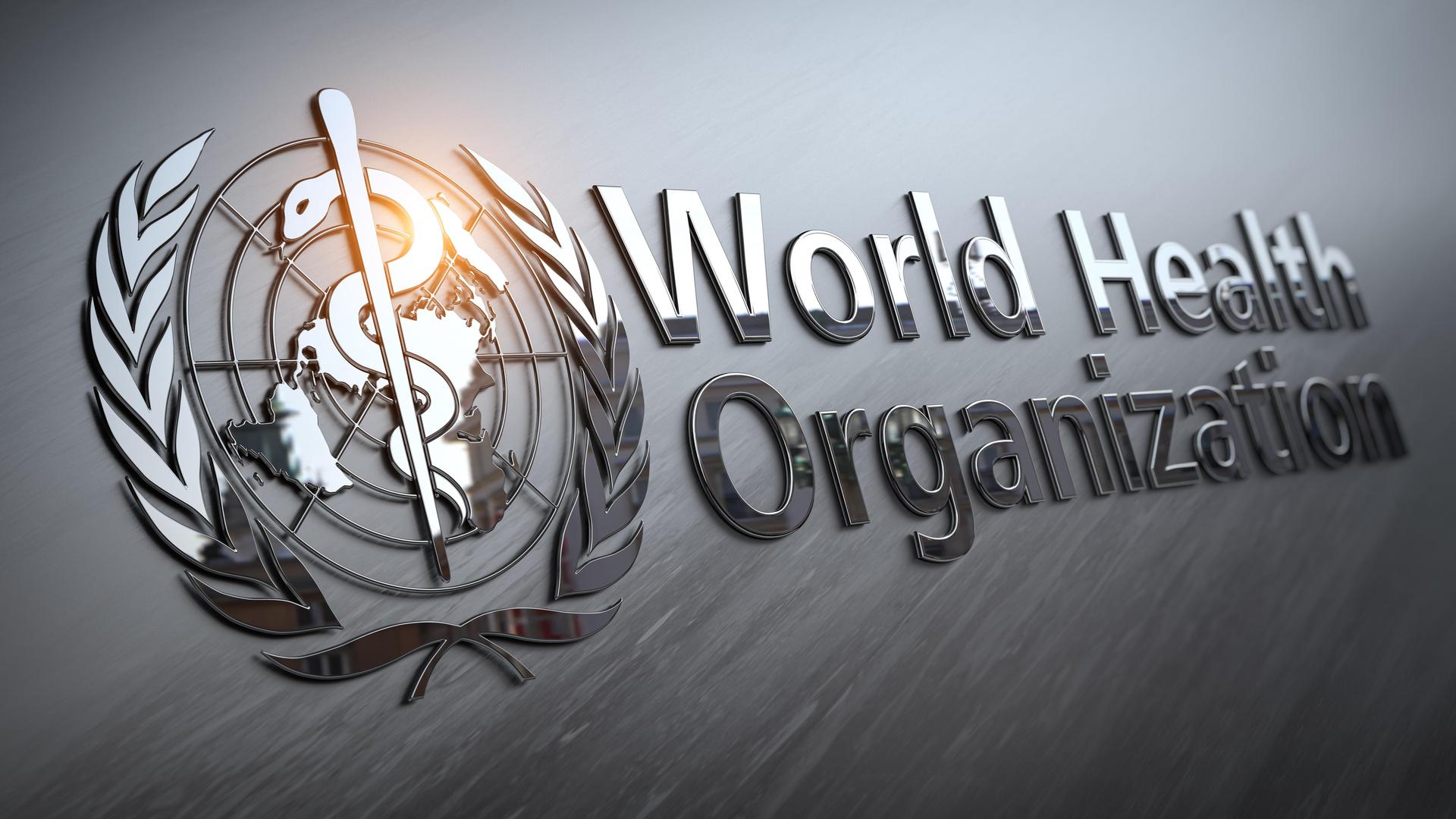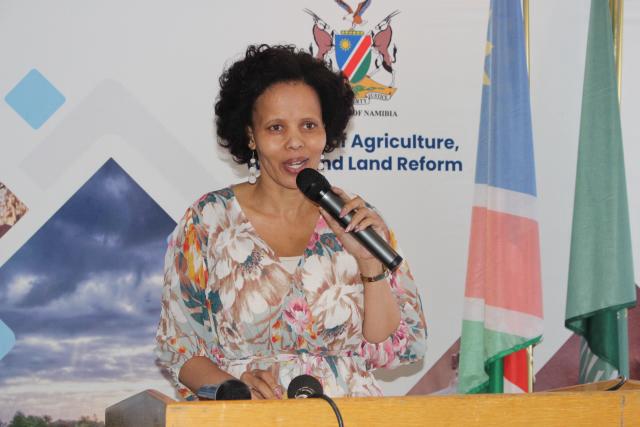The government has produced a report which outlines a plan to create a ‘super media company’.
This will be done by combining New Era Publications Corporation (NEPC) and the Namibia Press Agency (Nampa) – a move that could cost taxpayers millions of dollars through highly paid executives and state officials.
The decision to merge NEPC and Nampa has been on the cards for decades.
Now, the ‘super company’, modelled along Zimbabwe’s state media outfit ZimPapers, is gaining steam.
A May 2024 merger report, titled ‘The Namibia Press Agency at the New Era Publications Corporation’, drafted by the Ministry of Information and
Communication Technology, provides a plan to combine the two companies, which have been feeding on public funds for over 34 years.
“We [The Ministry of Information and Communication Technology] are recommending this entity to be a tier three to attract the right skills and experience in line with the objectives set,” the report states.
A ‘tier three’ parastatal involves highly-paid executives and board members that includes the premier league of state-owned companies, such as NamPower, NamWater and Telecom.
The new entity, according to the report, would be 60% government-owned, while the remaining stake would be public-owned.
The report suggests that both NEPC and Nampa would maintain their trademarks while the new entity would be branded a parent company.
Suggested parent company names include Namibia Multimedia Network, Namibia Media Corporation, Namibia Content Corporation, Content Corporation of Namibia and Content Conglomerate.
The executive director of information and communication technology, Audrin Mathe, yesterday said: “There is nothing to share at this stage. We will make pronouncements as the changes occur.”

MORE EXECUTIVES
According to the report, the entity would be led by a managing director or group chief executive officer with an executive team supervised by a qualified and experienced board of directors.
The new entity is expected to be a diverse conglomerate with a super structure, and to be commercially driven, the report says.
It says the ministry would instruct the boards of both entities on the need to create a budget for the appointment of an external consultant to conduct an assessment of the two cultures and propose a new working culture going forward.
Nampa and NEPC have a combined operating cost of N$75 million per year.
The two entities’ combined assets amount to N$113 million, of which N$16 million comprises trade debtors.
“More than N$10 million of trade debtors are above 120 days, which cannot be written off as it is mainly due by government offices, ministries and agencies,” the report shows.
According to the report, the combined liabilities of both corporations are N$154 million.
The ministry says it anticipates NEPC tax write-offs of N$108 million.
“Thus the remaining liabilities is N$46 million. The total cash and cash equivalents amount to N$23 million,” the ministry says.
BOARD MEMBERS
The new company’s board would be appointed by its shareholders.
The report suggests that a human resources or labour expert would be appointed to manage the engagement and disengagement process.
It also indicates that the project team would be appointed formally to manage the merger process.

UNAWARE
Nampa chief executive Linus Chata says his opinions on the merger are “immaterial”.
He says he does not know when the process would be finalised, as it is driven by the government.
“We have no role in it, except what we are told to do,” he says.
Chata says he hopes the new company would absorb all 104 employees of the entities.
“It’s not envisaged to put anyone out of work. I hope the whole process will answer all those questions,” he says.
NEPC chief executive Christof Maletsky did not answer a call and text message sent to him yesterday.
Maletsky is credited for reviving the state newspaper.
DIRTY PAST
NEPC has over the years faced allegations of financial irregularities, which have been raised at parliament and in audit reports.
The Namibian reported in 2017 that NEPC received negative audit opinions from the auditor general over five years for failing to implement external audit recommendations.
This was because the company had been failing to maintain proper financial records of government funds allocated to it.
Several accounting issues have become repetitive at the corporation over this period, including the non-submission of expenditure supporting documents, mismatching figures, non-compliance with the State Finance Act of 1991, poor record-keeping and the absence of internal audit controls.
The auditor general also said NEPC had been submitting financial statements as much as a year late.
Last year auditor general Junias Kandjeke slapped Nampa with a qualified audit opinion for 2021.
This means the entity’s financial statements contain material misstatements or omissions.
There was an unexplained difference of N$2,4 million between the cash and cash equivalents computed by the attorney general’s office of N$11 million, “and the amount disclosed by the auditee of N$9 million in the statement of cash flow”.
“The net change in cash and cash equivalents amounting to N$1,1 million and the cash and cash equivalents at the beginning of the year add up to an amount of N$9,2 million. “However, the cash and cash equivalents at the end of the year in the statement of cash flow is reflected as N$8,5 million, with an unexplained difference of N$679 197,” the auditor general said in the report.

‘NOT PROPAGANDA MEDIA’
Namibia University of Science and Technology senior journalism and media technology lecturer Hugh Ellis says the merger would make economic sense.
“A lot will depend on the management of the new, merged, entity. It is vital that the management see their role as a public service media, and not a state media.
“State media could be a propaganda organisation, but public service media aims to be more neutral, and even to critique the state in a constructive way,” he says.
Ellis says state-owned media should be restructured to be answerable directly to the parliament, rather than any ministry, for directors to be appointed through public interviews, and for mechanisms to be developed to ensure their financial sustainability.
“This would help ensure their independence,” he says.
Unam media professor Eno Akpabio says journalism is facing an existential crisis.
“Media acquisition has been an ongoing survival strategy, so the Nampa and New Era merger is part of media conglomeration and integration, which we see playing out globally and nationally,” he says.
Akpabio says the two entities can leverage their positions to provide more value-added services, such as marketing and charging fees to access their extensive media archives to individuals and corporate users.
“Other ways are to be more efficient news producers as well as being innovative . . . Xinhua, for instance, has diversified into public relations, consultancy, book publishing, advertising and real estate,” he says.
Stay informed with The Namibian – your source for credible journalism. Get in-depth reporting and opinions for
only N$85 a month. Invest in journalism, invest in democracy –
Subscribe Now!










